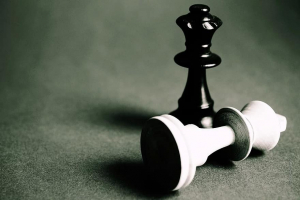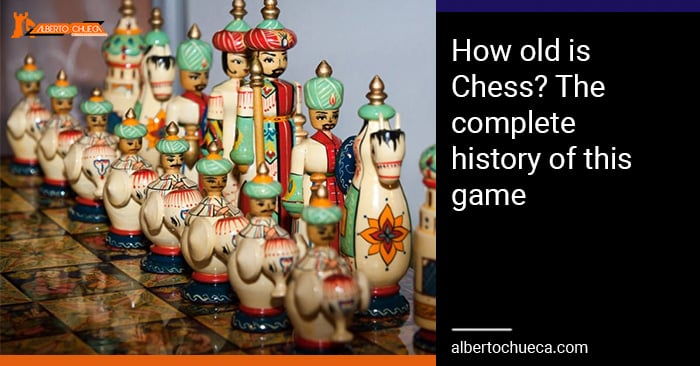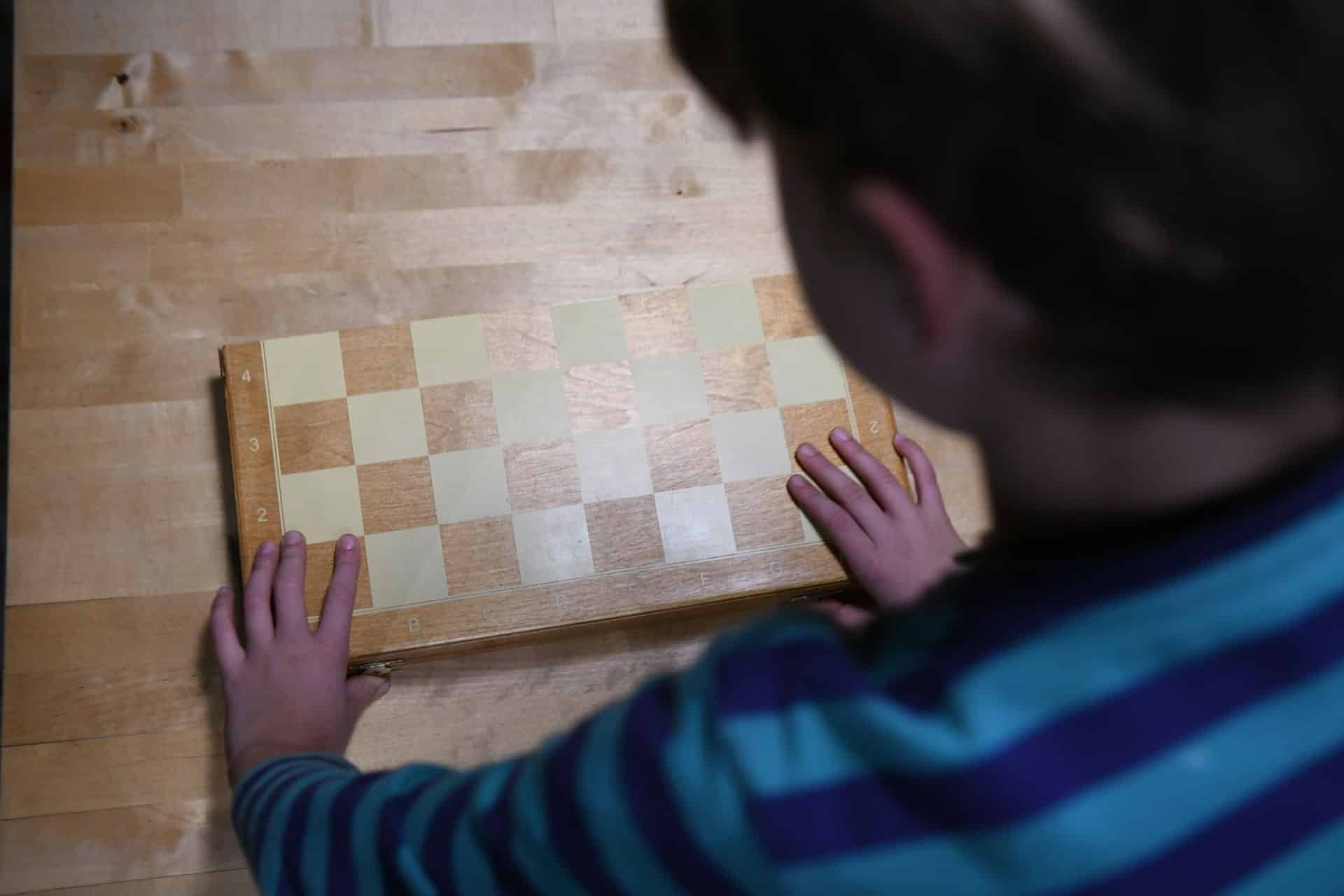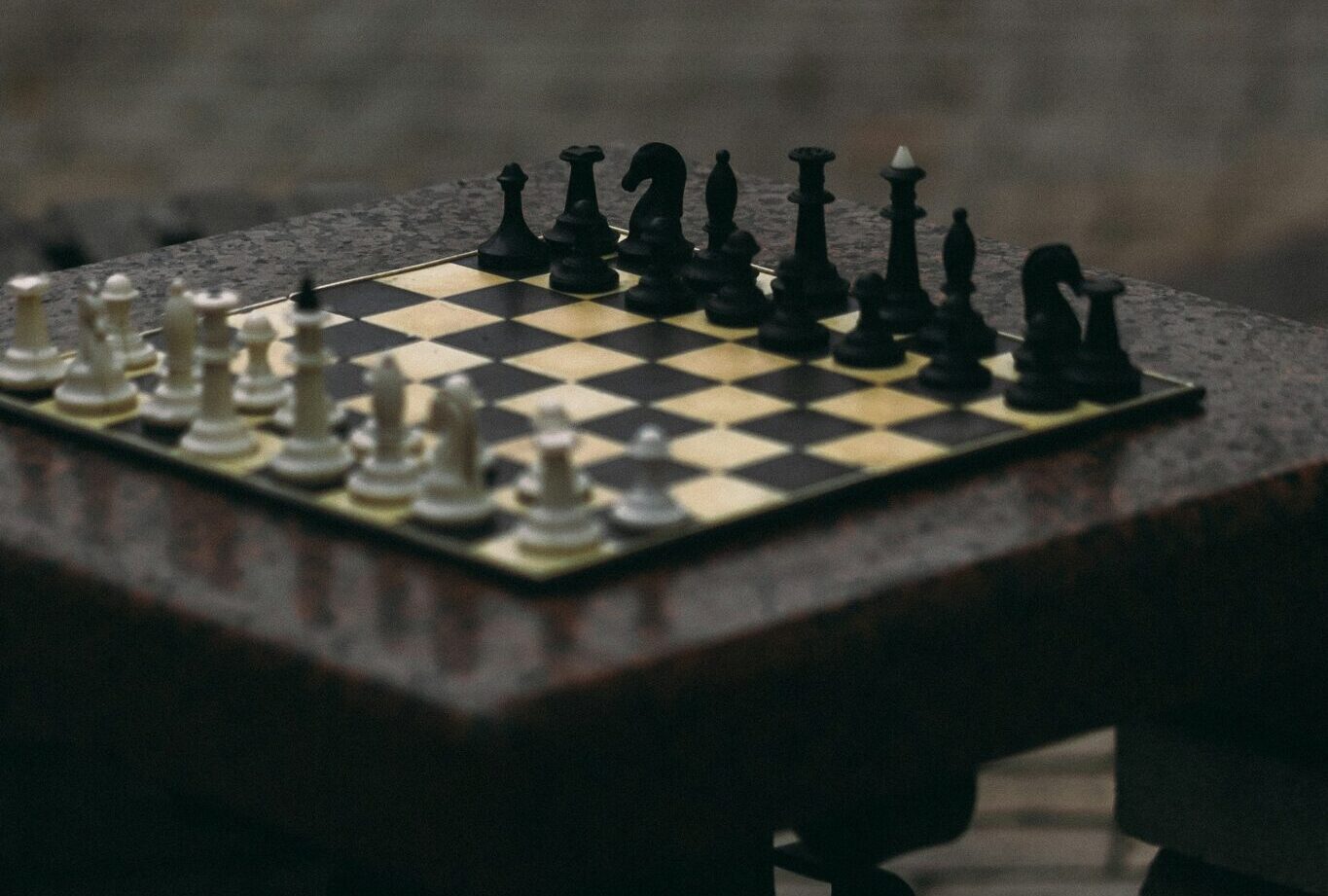Table of Contents
The history of chess
Chess is such an amazing game. There is no doubt about that. Part of what makes this game amazing is that as digitized it is right now (we are taking advantage of that during the pandemic), it is yet so ancient, and we have not even changed the rules in hundreds of years! Exactly how old is chess, who invented it and came up with the rules? Many chess players ask these questions, and we will do our best to answer them in the most satisfactory way possible!
How old is chess?
To be frank, no one knows for sure how old the game is. Most people estimate that we invented this version of chess in the 6th century AD, and we are in the 21st century. Do some math, one century = 100 years, 21 minus 6 is 14. So we may have been playing this game for 1400 staggering years! That is mind-blowing, especially considering it has stood the test of time! The earliest version of chess was called chaturanga, which translates “of the military”. The way the pieces were set was slightly different than how we did ours. Can you see the difference?
A brief history of the rules
Just like almost anything that has “stood the test of time”, the rules and laws have changed and evolved. One example is that the Queen and Bishop we all know and love today had very restricted movements in the early versions of chess. The Bishop was called a “pīl”, which could move two squares in any diagonal direction and jump over pieces.
Today, the Bishop can move anywhere on a diagonal, but cannot jump. The Queen, known as the “fers” could only move one square in any diagonal direction! Obviously, the modern-day Queen can move in any direction along a straight line or diagonally, the most powerful piece on the chessboard!

There have been several rules that have altered or changed throughout the years. For example, capturing all of your opponent's pieces used to be a method to outright win the game. That is no longer the case, you have to checkmate your opponent, or they have to resign! Other special rules, like capturing en passant and castling were not yet implemented. Also, you used to be able to only promote to a Queen when your pawn reaches the end of the board. Now, you can promote to a Knight, Bishop, or Rook as well.
The chess studies (or games?) of Gioachino Greco
As the chess rules have evolved over time, so has our general chess games and strategies. By the 17th century, the rules we know and love today had practically been established. But chess still had to evolve! Many of us know Gioachino Greco as the “first chess professional“. His famous “games” are all recorded against a very familiar and intriguing opponent, “NN” (NN stands for “no-name”).
Many people believe that these were actually not games, that they were studies that Greco recorded. While we know nothing for sure, that is a very logical assumption. Back then, chess had not fully developed, though it was known by people like Greco that chess was a beautiful and mysterious game that had a lot of undiscovered intricacies. The famous Fried Liver Attack is one such example of a possibly fabricated game:
The position above is reached after 1. e4, e5 2. Nf3, Nc6 3. Bc4, Nf6, White is able to play 4. Ng5 to attack the f7-square with the Knight and Bishop combined. The threat is Nxf7 with a fork. Many beginners try to deflect the Fried Liver Attack with 4… d5, 5. exd5, Nxd5 (Na5 is technically correct). This fails in flames to 6. Nxf7+!, Kxf7 7. Qf3+, Ke6 8. Nc3.
The poor Knight pinned, keeping the King in the center and has three attackers on it! Even though White is behind in material, he is crushing in reality. Review the full game here: https://www.chessgames.com/perl/chessgame?gid=1271138.
The turning point in chess history: Computers dominate
Writing down the complete history of chess word for word might take hours for you to read! There are many great champions to study, Steinitz, Capablanca, Alekhine, Fischer, Karpov, Kasparov, etc. For this article, we will mention one significant event, in 1997, that shaped the chess world.

Before this time, it was laughable that the best chess player in the world to lose to a computer. Now, it's laughable to think any human could go toe-to-toe with the top computers, as you can crush anyone in chess with a computer on your phone… you just will get banned!
A little summary on the history of our game
Chess has really come a long way, there is no denying that. One amazing thing about this game is that it has stood the test of time literally, it started as this ancient activity, and today, even in a digitized world, we are able to enjoy the game through online chess competitions, lessons, streamers, and more. Most games are not like this. They either die out relatively quickly or they adapt to the modern-day world. You see this a lot with video games. And we can talk for hours how beautiful the game simply is! If you do not play very much chess, where have you been?






